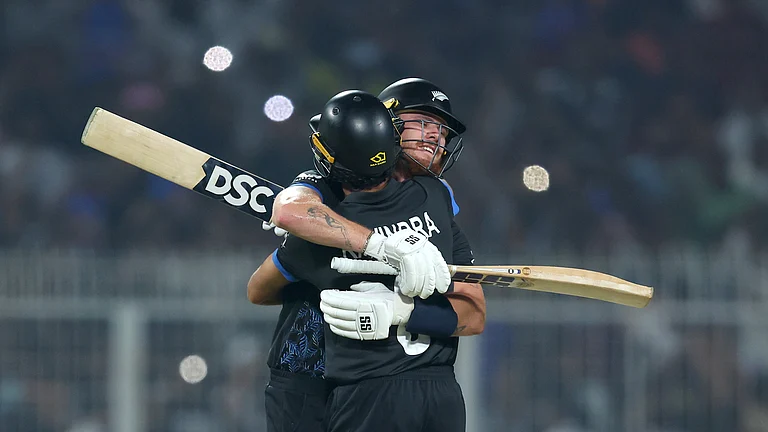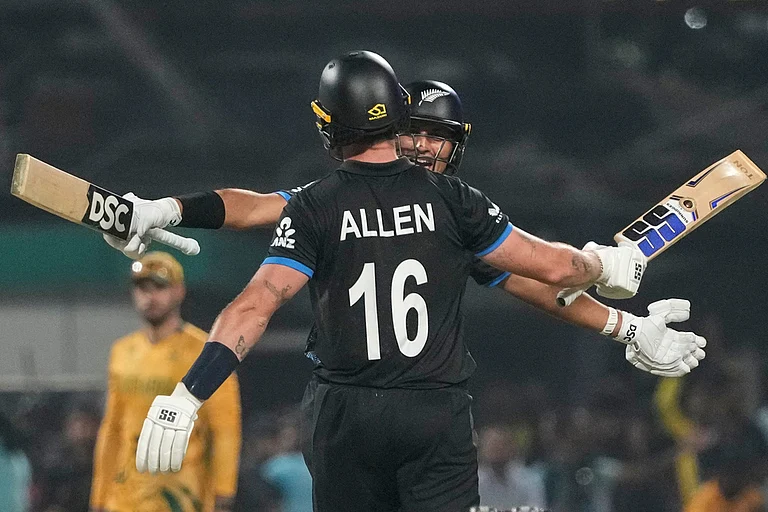The Supreme Court of India held love marriages accountable for most of the divorces in India
The apex court's statement came in connection with a transfer petition arising out of a matrimonial dispute which was heard by a two-judge bench of BR Gavai and Sanjay Karol.
The counsel informed the court that the marriage was a love marriage.
According to Bar & bench, Justice Gavai said,"Most divorces are arising from love marriages only,".
The Bench finally called for a mediation between the couple.
SC's ruling on divorce so far
Previously the Supreme Court said Article 142(1) of the Constitution gives them the authority to grant divorce on the ground of “irretrievable breakdown" of a marriage, whether it is by mutual consent, or even if one of the parties opposes it. The court can also grant divorce by mutual consent while dispensing with the 6-month waiting period mandated under the Hindu Marriage Act, 1955.
A five-judge constitution bench headed by Justice S K Kaul said it is mandatory that the apex court should be completely convinced and satisfied that marriage is “totally unworkable, emotionally dead and beyond salvation" and therefore, dissolution of marriage is the right solution and the only way forward.
They also emphasized on the fact that it was a matter to determined factually whether the marriage has irretrievably broken down.
To establish the fact firmly in the eyes of law, several factors are to be considered including the period of time the parties had cohabited after marriage, when the parties had last cohabited, the nature of allegations made by the parties against each other and their family members.
Besides the above mentioned aspects, certain other factors are also considered in case of granting a divorce which include orders passed in the legal proceedings from time to time, cumulative impact on the personal relationship, whether and how many attempts were made to settle the disputes by intervention of the court or through mediation, and when the last attempt was made, the court added.





















